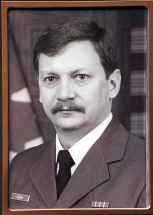‘It’s not a wound that closes’ True-crime TV show sheds light on murder victim and his Winnipeg family
Read this article for free:
or
Already have an account? Log in here »
To continue reading, please subscribe:
Monthly Digital Subscription
$0 for the first 4 weeks*
- Enjoy unlimited reading on winnipegfreepress.com
- Read the E-Edition, our digital replica newspaper
- Access News Break, our award-winning app
- Play interactive puzzles
*No charge for 4 weeks then price increases to the regular rate of $19.00 plus GST every four weeks. Offer available to new and qualified returning subscribers only. Cancel any time.
Monthly Digital Subscription
$4.75/week*
- Enjoy unlimited reading on winnipegfreepress.com
- Read the E-Edition, our digital replica newspaper
- Access News Break, our award-winning app
- Play interactive puzzles
*Billed as $19 plus GST every four weeks. Cancel any time.
To continue reading, please subscribe:
Add Free Press access to your Brandon Sun subscription for only an additional
$1 for the first 4 weeks*
*Your next subscription payment will increase by $1.00 and you will be charged $16.99 plus GST for four weeks. After four weeks, your payment will increase to $23.99 plus GST every four weeks.
Read unlimited articles for free today:
or
Already have an account? Log in here »
Hey there, time traveller!
This article was published 03/01/2020 (2168 days ago), so information in it may no longer be current.
Two days before her 15th birthday, Mary Oscarson’s uncle, Canadian Forces officer David Turenne, was murdered outside his home in Panama City, Fla., in February 1996.
She was 24 before her family got the justice they sought. In June 2005, Turenne’s wife, Monique Turenne, was convicted of second-degree murder for arranging to have her husband killed by her ex-lover, Ralph Crompton, who was convicted of first-degree murder.
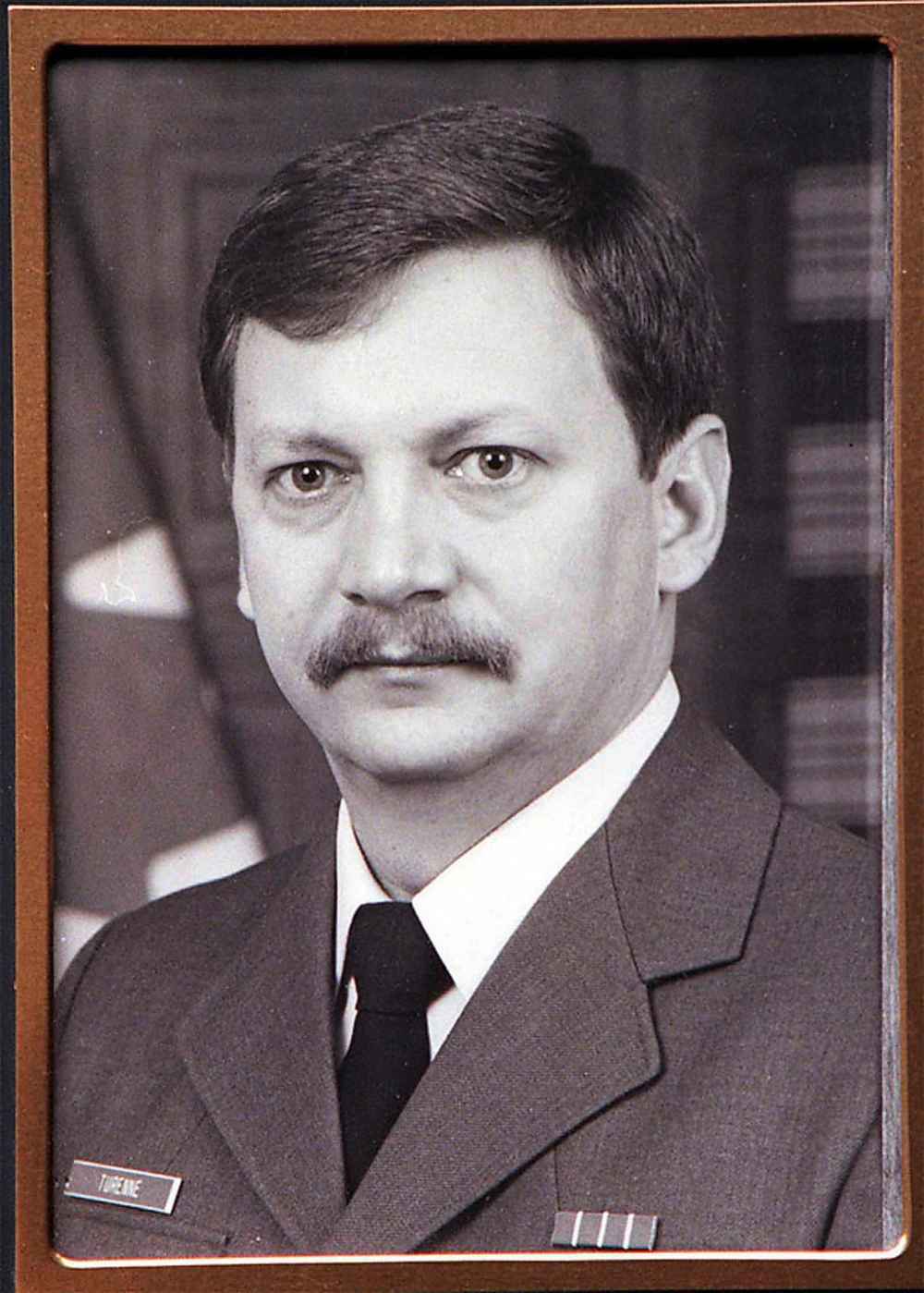
In 2019, Oscarson, now 38, got a message on Facebook. It was from a producer working on the American true-crime docuseries On the Case with Paula Zahn, and the show wanted to know if Oscarson was related to David Turenne.
“They had come across our case and were really interested in doing it,” Oscarson says, at home in Winnipeg.
The Turenne case was also high-profile in 2005; the murder plot at the heart of it was a source of fascination for many. Oscarson and her mother, Patrice Turenne — David’s sister — were interested in working with On the Case, which airs on the U.S. channel Investigation Discovery, because of the series’ sensitive approach to its subjects.
“They were very focused on the victim and the victim’s family, and telling the story from that perspective,” Oscarson says.
And so, last May, Oscarson and her mom flew to New York City to remember their beloved uncle and brother. “I have so many vivid, amazing memories of him, and he and my mom were very close,” Oscarson says. Patrice is only a year older than her late brother.
“When I talk about it, I have to separate myself a bit in order to not be really emotional, all the time,” Oscarson says. “That’s something I am able to do. My mom, though, is not really able to do that. Going to New York was very difficult for her and having to go through that. But she felt, as I did, that it was really important to do the show because we want to tell Dave’s story.”
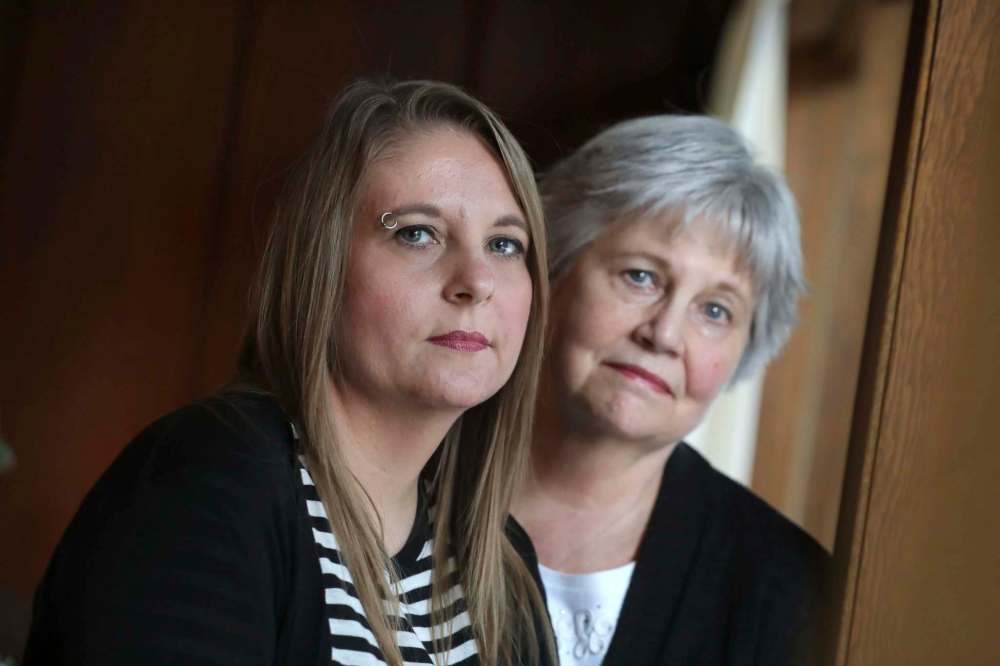
Oscarson recalls how her family felt on that terrible day in February 1996.
“It’s horrifying to have a loved one killed. It was so up in the air about what had happened,” she says. “My aunt called my mom and said, ‘Dave’s been killed, we don’t know any other information.’ It was a question of, ‘How did he even die?’
“We weren’t sure how or what was going on, or if it had anything to do with the work he did, or if it was a personal issue. That was really, really difficult.”
The details of David Turenne’s murder came out over time, including that he had been bludgeoned to death with a hammer and, later, that his wife, the person who had called 911, was responsible. Participating in the show was healing, Oscarson says, but she does not believe in closure.
“It’s not a wound that closes,” she says. “It’s always there, and I think it’s just as deep and vast today as it was 23 years ago. You don’t really get over things. I think you work through them.”
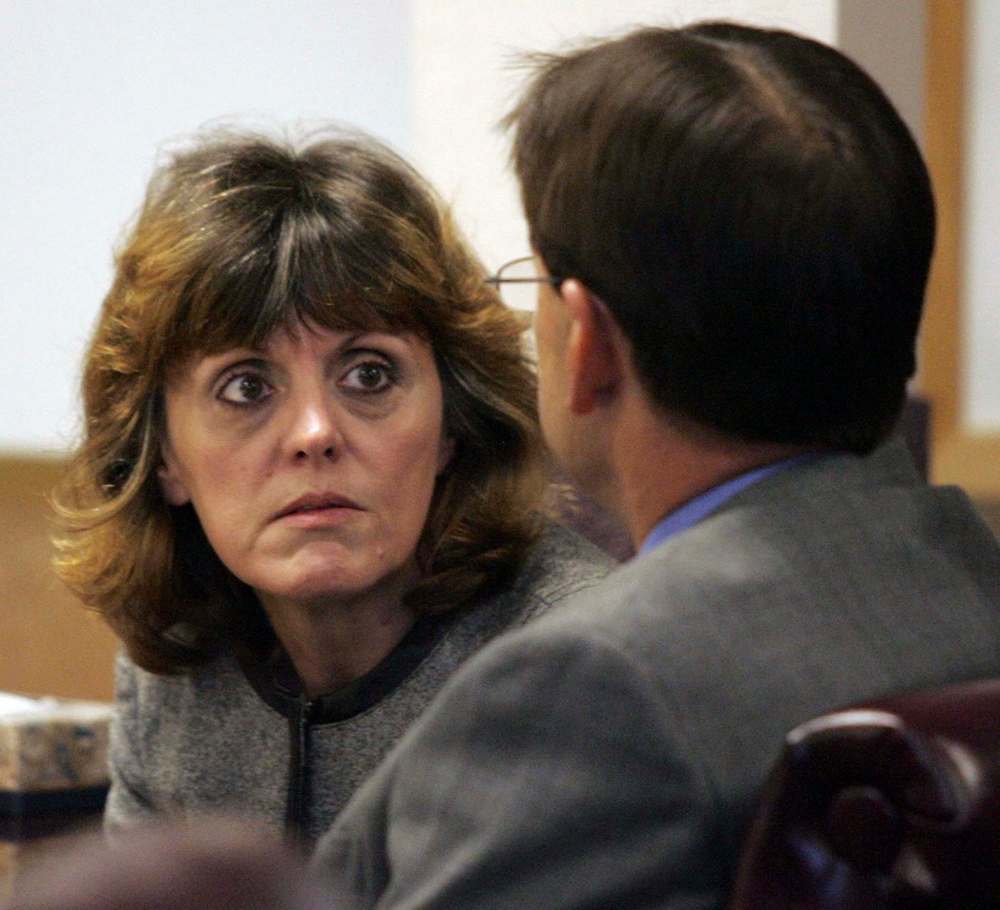
The end of the decade brought with it something of a true-crime boom, thanks to viral podcasts such as Serial, Netflix documentaries such as Making a Murderer and docudrama series such as Dirty John.
The renewed popularity of the genre also reignited a debate about the ethics of true crime.
Are these stories powerful because they are about the violence — and resilience — of humanity? Or are we digging up and gawking at other people’s trauma for entertainment?
For her part, Oscarson is a true-crime fan. “I am totally obsessed with it, absolutely,” she says.
“Because I have this weird perspective because it’s happened to me, part of the consuming it, the watching the Datelines and documentaries and things like that, it helps me feel like I’m not alone, that there are other people in this world who have gone through equally horrific things and lived to tell the tale and thrived in spite of it. For me, I find that really healing.
“It also reminds me that a crime like this can happen to anybody. There was nothing in our lives that would have ever indicated that something like this could happen. We’re the most boring family there is, in the best possible way.”
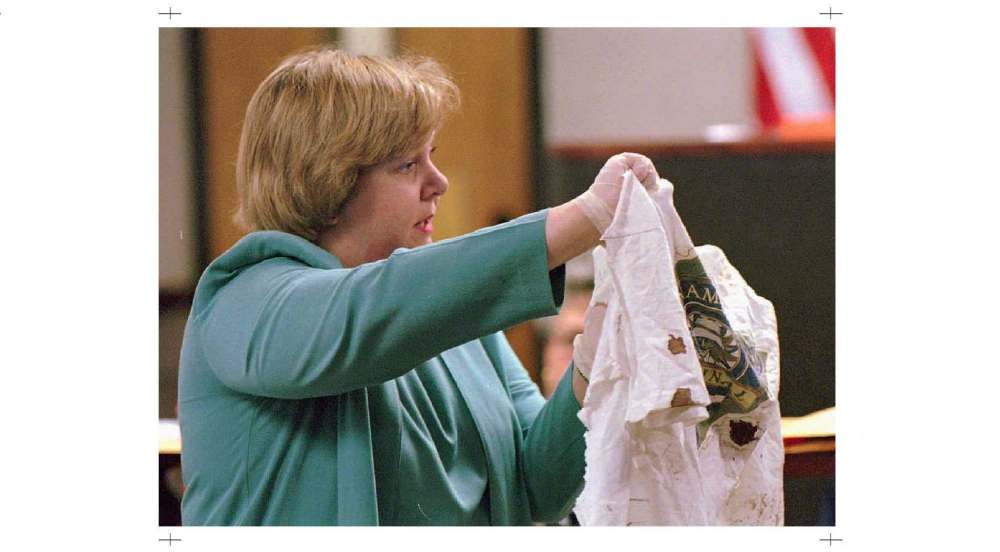
Oscarson says her family’s experience working with On the Case was incredibly positive.
“They came to us with such empathy. There was no pressure, we could stop at any time. From the producers to Paula Zahn herself, everyone was so kind. There was a cameraman who sought us out to shake our hands and thank us for coming. My hope is, for all true-crime shows, that that’s how the people are treated.”
The show also gave Oscarson and her mother a chance to reconnect with the lead investigators from both Winnipeg and Panama City, as well as one of the prosecutors, all of whom were also brought to New York for filming.
“We were all together for most of the day and, it’s hard to describe, but there’s a kinship you feel with the people who have helped bring about justice,” she says. “When there’s nothing we could do, it was all in their hands and they came through in so many ways. Not only did they investigate and prosecute, but they treated us with such kindness and compassion then, and now.
“When we saw them there was hugging and it was as if we’d just seen them yesterday instead of 15 years ago. There’s a bond there now that is hard to describe.”
The episode, titled A Secret to Kill For, aired in the U.S. a few weeks ago, and will be broadcast in Canada at a later date. Oscarson hopes people who watch it are left with a better understanding of who her uncle was. That’s another positive upshot of true-crime stories; they make it so we can’t forget.
“I want people to see that we’re regular, ordinary people, and that I’m representing my family, my mom is representing my family, and Dave was just like us. He was a kind, generous, funny man, who didn’t deserve what happened to him. I think the victim gets lost, sometimes.”
jen.zoratti@freepress.mb.ca
Twitter: @JenZoratti

Jen Zoratti is a Winnipeg Free Press columnist and author of the newsletter, NEXT, a weekly look towards a post-pandemic future.
Our newsroom depends on a growing audience of readers to power our journalism. If you are not a paid reader, please consider becoming a subscriber.
Our newsroom depends on its audience of readers to power our journalism. Thank you for your support.





